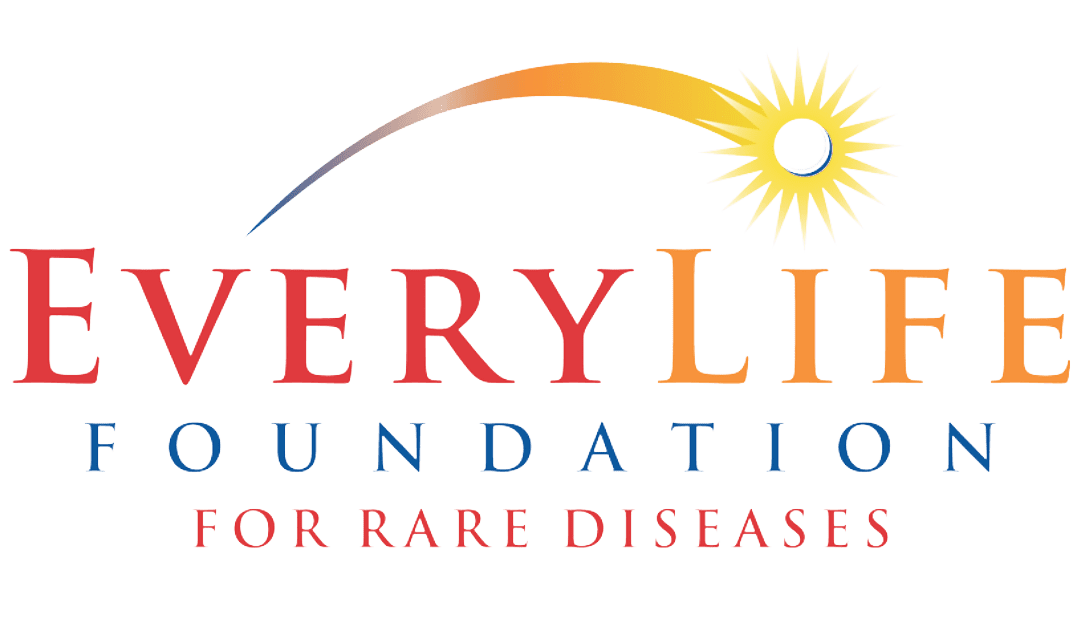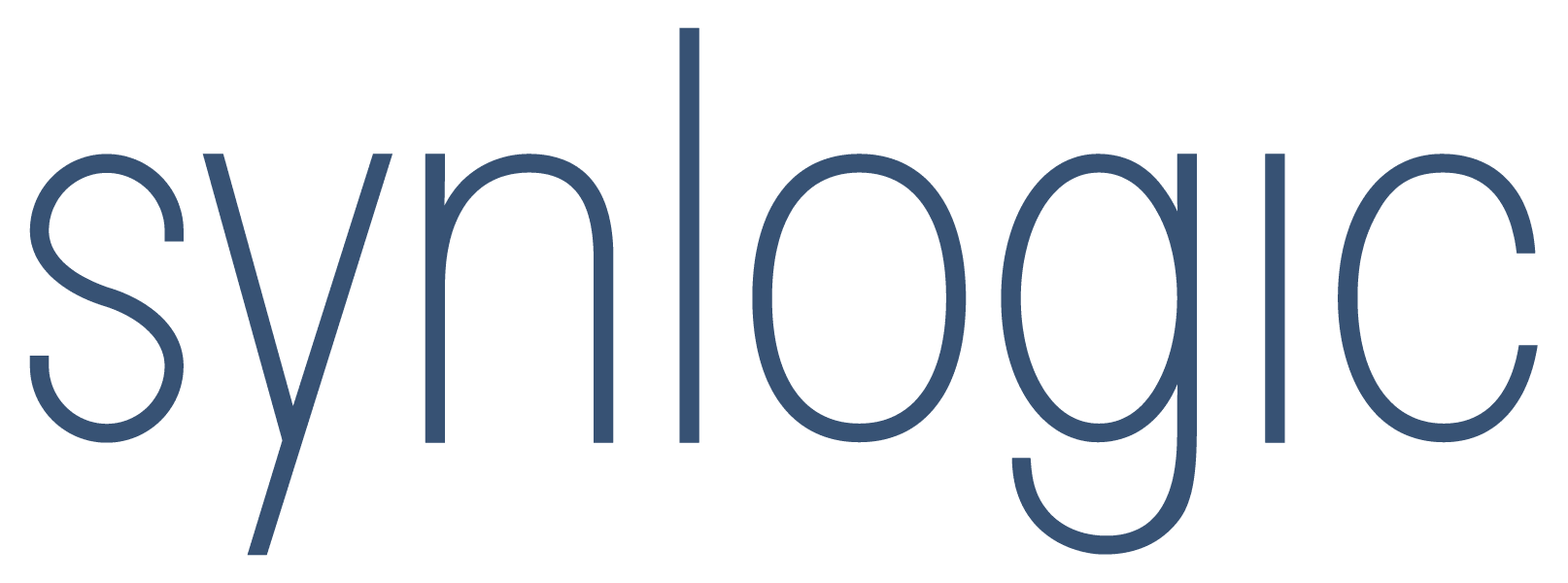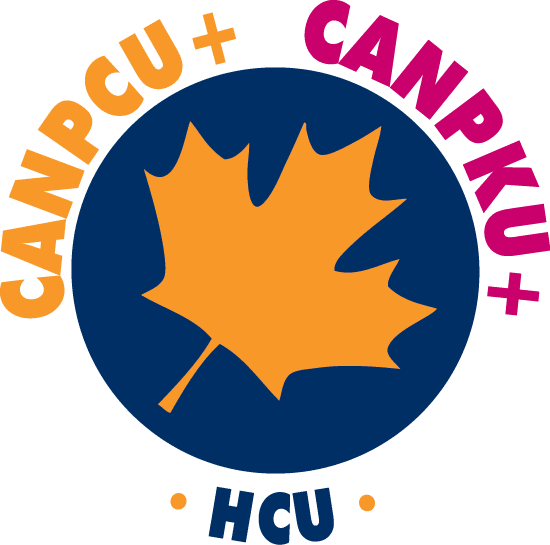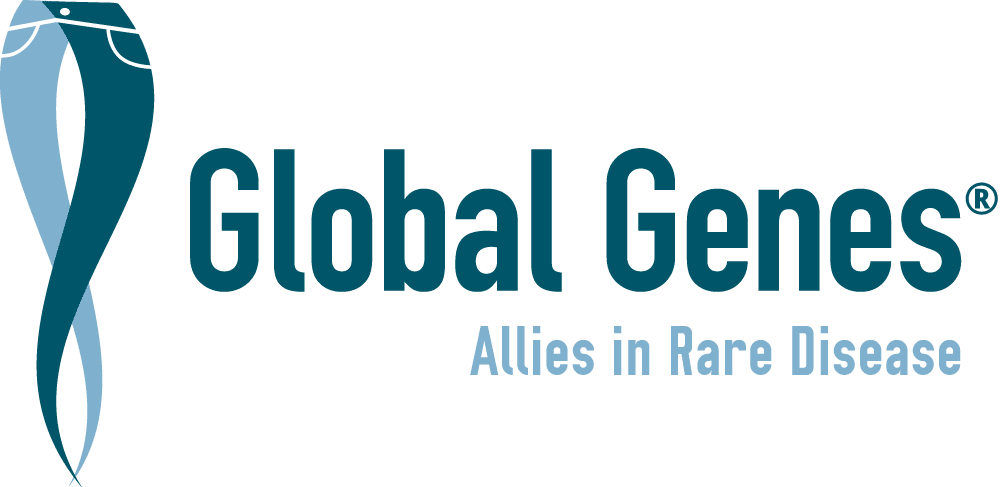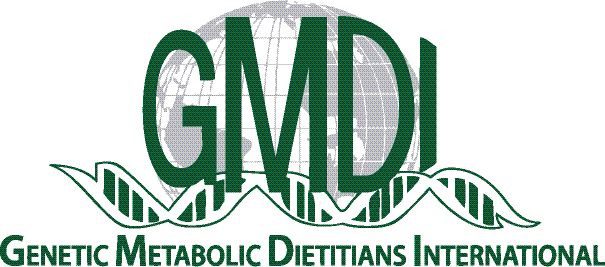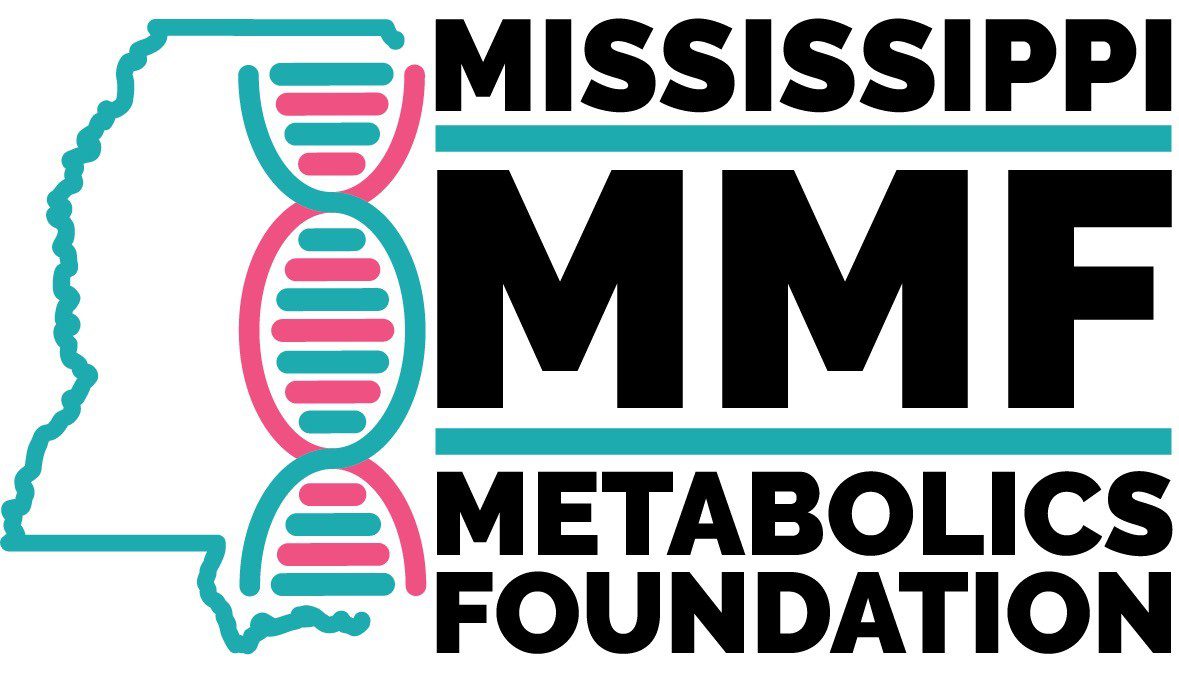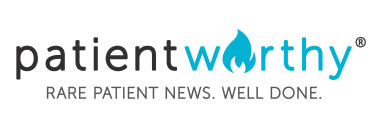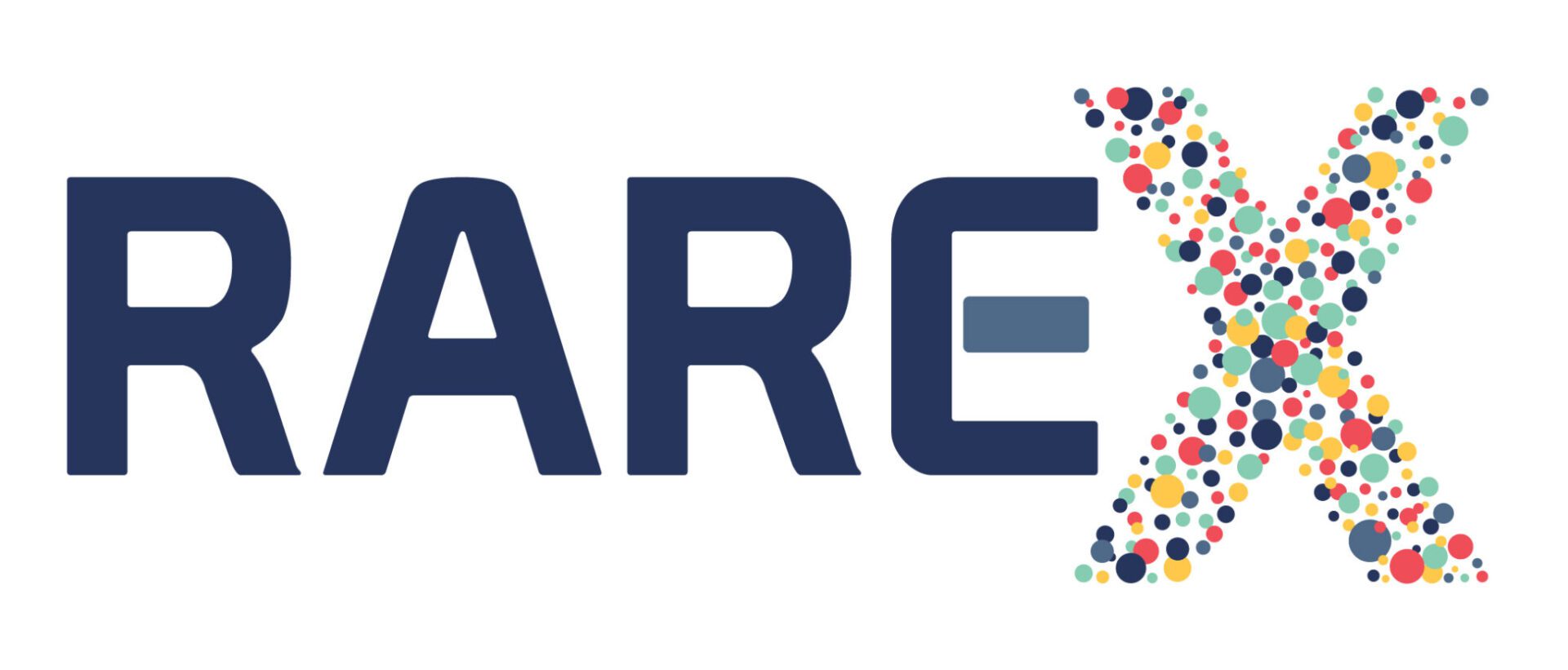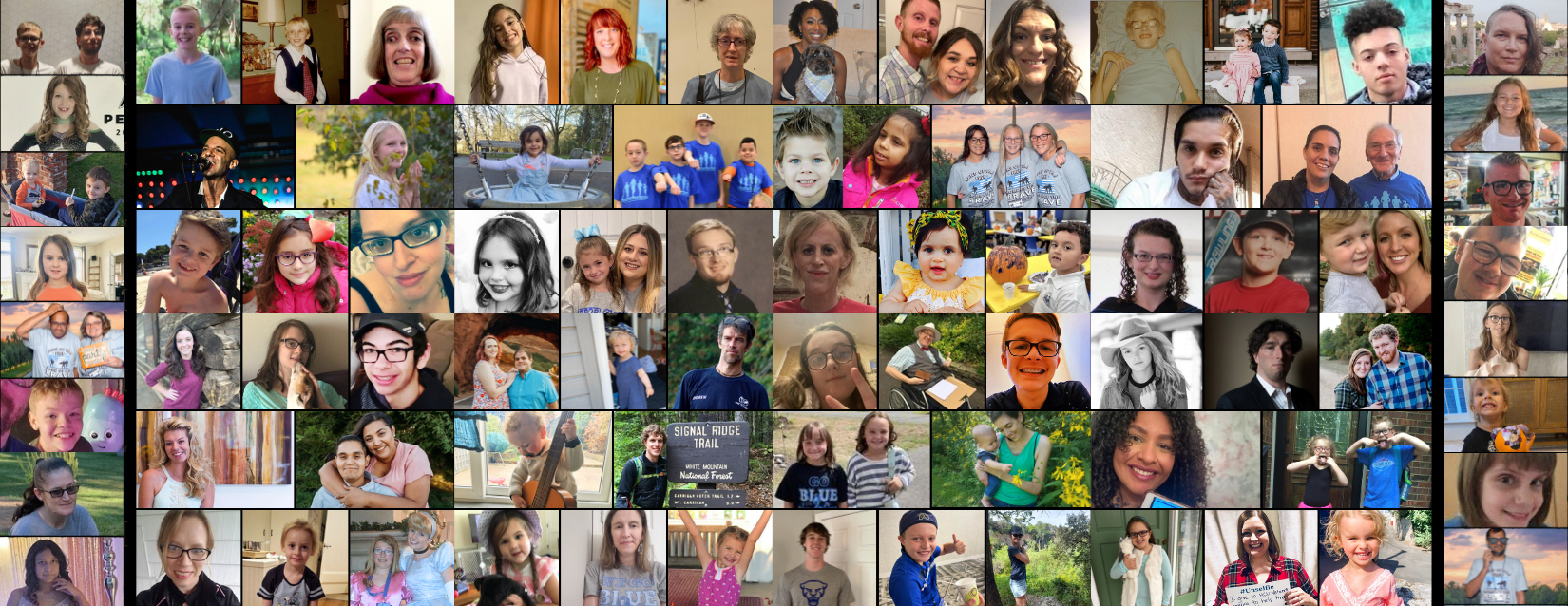
What are EL-PFDD Meetings?
Externally led patient-focused drug development (EL-PFDD) meetings bring together patients and care partners, US Food and Drug Administration (FDA) representatives, pharmaceutical companies, doctors who are experts in the particular disease, and other stakeholders. For the meeting on Classical HCU, the goal is to hear from patients on what it's like to live with the condition so that we can better understand the patient experience. This information can help the FDA to make informed decisions on approvals of potential medicines for Classical HCU, and pharmaceutical companies to design clinical trials that are meaningful for patients.
On September 28 at 4 pm ET we heard from Larry Bauer and James Valentine, from Hyman, Phelps & McNamara. In private practice, James and Larry have worked with many patient organizations to ensure their community’s voices are heard by decision-makers. Relevant to our EL-PFDD meeting, they have been involved in helping plan and moderating the majority of externally-led PFDD meetings. The Community Prep Meeting for the HCU EL-PFDD is an opportunity for everyone in our community to learn more about the upcoming EL-PFDD for people living with HCU.
We discussed the following topics:
- What are the phases of drug development and how is the FDA involved at each step
- How does the FDA incorporate the patient and caregiver voice into their review of new clinical trials and in their review of new medical products
- Why is this meeting so important for the HCU community
- How can people from the HCU community participate in the meeting and help this meeting be a great success
- What are the topics most important for the FDA to learn about HCU
Who benefits from EL-PFDD Meetings?
Food and Drug Administration (FDA)
The FDA gains an understanding of what it's like to live with a particular disease.
The FDA becomes informed of side effects and risks patients may be willing to accept to gain a certain level of symptom relief or slowing of their disease progression.
The FDA learns about patients' needs regarding new drugs, and what their preferences are for clinical trials for their disease.
EL-PFDD meetings assist the FDA in knowing if a new drug addresses patient needs.
Patients
Patients know the FDA and drug sponsors have heard their voices.
Patients' experiences are validated, reducing feelings of isolation.
Hearing other patients voice their experiences and needs helps patients to better self-advocate.
EL-PFDD meetings can help to bring new treatments to the market, which benefits patients.
Patient advocacy groups
EL-PFDD Meetings help these groups identify what needs exist for patient education and advocacy.
More effective advocacy increases public awareness and knowledge of the disease.
In addition, these meetings help patient advocacy groups connect patients with their peers.
Medical Product Developers
Drug sponsors gain insights into the major concerns of patients. This helps the companies develop treatments and design clinical trials that match patients' needs and preferences.
Drug sponsors learn which disease symptoms or treatment side effects are, or are not, tolerable by the patients. This helps the companies develop drugs that matter to patients.
With the knowledge gained from EL-PFDD Meetings, pharmaceutical companies receive advice from the FDA on developing potential drugs and therefore help to advance medicines that meet patients' needs.

